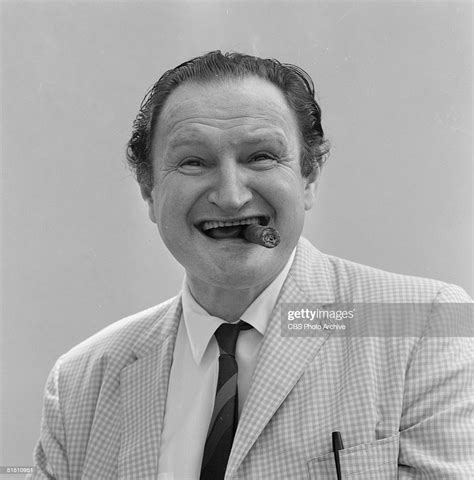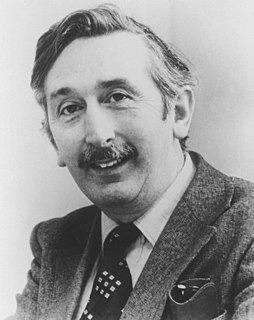A Quote by Peter Menzel
Freelancing in Somalia during their civil war and in Kuwait right after the first Bush War, I had some rather intense experiences that made life in the U.S. seem rather shallow and superfluous.
Related Quotes
If they hear people running for - president... despite all the other problems that George W. Bush made after 9/11 when he basically said after going to a mosque in Washington, "We are not at war with Islam or Muslims. We are at war with violent extremism. We are at war with people who use their religion for purposes of power and oppression."
With respect to the creation of the program, I introduced the bill in September 1945, immediately after the end of the war with Japan, in August of that year. A number of considerations, of course, entered into my decision to introduce the bill, growing from my own experience as a Rhodes scholar and the experiences our government had had with the first Word War debts, [Herbert] Hoover's efforts in establishing the Belgian-American Education Foundation after World War I, [and] the Boxer Rebellion indemnity.
I'm working on a script right about Civil War re-enactors who go back in time to the actual Civil War. It's kind of a big, crazy Back to the Future comedy. So, of course, it's the Civil War - I play the banjo. I was just having a conversation with one of the producers about some of the material and he was like, 'You know, we have to work in a scene where you play the banjo. And I was like I'll get behind that.
... there was the first Balkan war and the second Balkan war and then there was the first world war. It is extraordinary how having done a thing once you have to do it again, there is the pleasure of coincidence and there is the pleasure of repetition, and so there is the second world war, and in between there was the Abyssinian war and the Spanish civil war.
When I grew up, in Taiwan, the Korean War was seen as a good war, where America protected Asia. It was sort of an extension of World War II. And it was, of course, the peak of the Cold War. People in Taiwan were generally proAmerican. The Korean War made Japan. And then the Vietnam War made Taiwan. There is some truth to that.






































